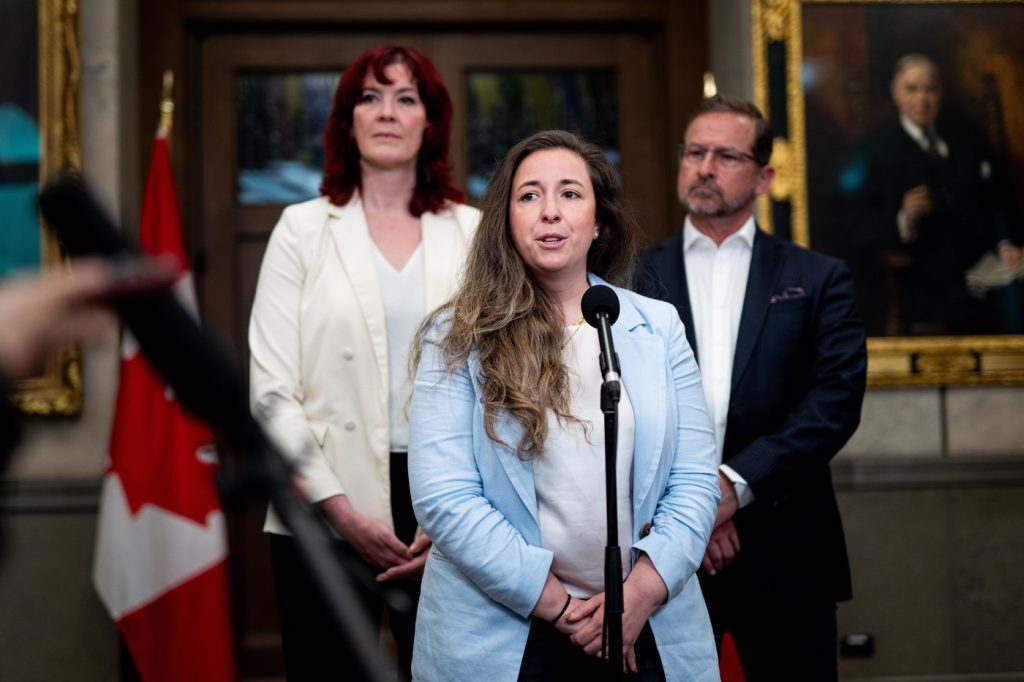MONTREAL – The legal battle surrounding the recent federal election results in the riding of Terrebonne has commenced, centered on the narrow defeat of Bloc Québécois candidate Nathalie Sinclair-Desgagnés. The former Member of Parliament (MP) lost her position by a mere single vote in the April 28, 2025, election against Liberal candidate Tatiana Auguste. Sinclair-Desgagnés is now contesting the results, with a hearing initiated in St-Jérôme, Quebec.
The controversy arose when a local woman, who asserted that she cast her vote for the Bloc Québécois, disclosed that her special ballot was not counted due to an error with the address on the envelope provided by Elections Canada. This revelation prompted Sinclair-Desgagnés to seek a legal remedy, arguing that the failure to count the ballot violated the voter's Charter rights. The situation has drawn attention to the importance of ensuring every legitimate vote is counted in electoral processes.
Stéphane Chatigny, the lawyer representing Sinclair-Desgagnés, emphasized during the hearing that this case could extend beyond just one isolated incident. He pointed out that 16 additional special ballots had not been returned by the voting deadline, indicating that there may be a broader issue affecting other voters in the riding. Chatigny is advocating for a do-over of the election, asserting that the integrity of the electoral process is paramount and must be preserved.
The implications of the case could have significant effects not only in Terrebonne but also on the electoral practices and regulations of Canada as a whole. Questions regarding voter accessibility, ballot counting procedures, and the handling of special ballots are at the forefront of this legal challenge. The outcome of this hearing could set a precedent for similar cases in the future, highlighting the need for electoral bodies to maintain clarity and efficiency in their operations.
This hearing marks a critical moment for Sinclair-Desgagnés as she seeks to reclaim her political standing and address perceived injustices within the electoral framework. The proceedings are being closely watched as they unfold, with potential ramifications for the legitimacy of election outcomes where voter rights are questioned.
The discussion surrounding this legal challenge continues to evolve, reflecting broader societal concerns about electoral integrity, voter disenfranchisement, and the mechanisms through which elections are conducted and contested in Canada.











